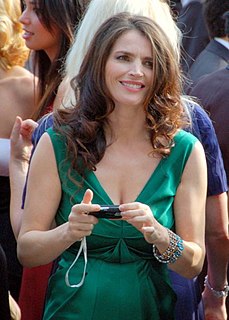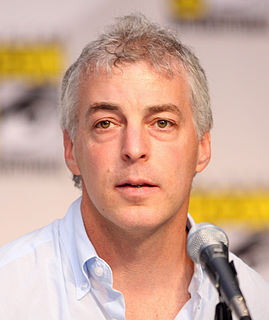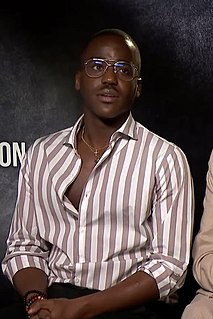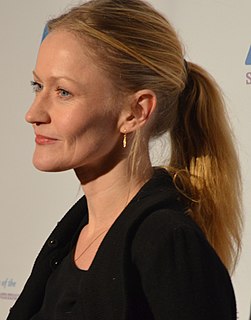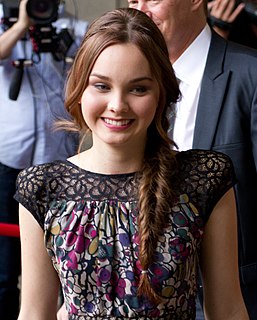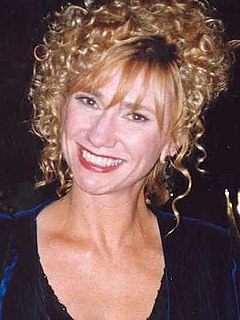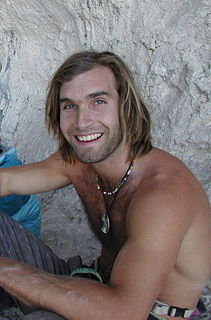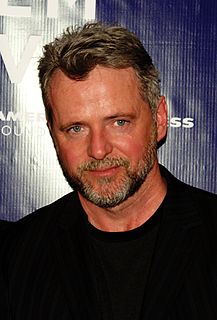A Quote by Robert Englund
I always get inspiration from whatever characters say about my character.
Quote Topics
Related Quotes
Whatever character you play, whatever film it is, whatever story it is, for me, in my training it's always something that gives you a layered character, it's understanding the secret of that character, and so whatever comes up as "Oh, I thought that person was that," you are always carrying that within you. So actually what you're playing all the way through is both and it's just what comes out in the scene or the circumstance.
What's actually amazing is that, after a couple of years of living with characters and writing characters and talking about characters, as we sit in the writers room and break episodes, it strikes you, every once in awhile, that you're talking about a character that's played by the same actor, who you've been talking about forever. We talk about a character dying, so you get emotional, and then you realize, "Oh, but wait, that actor is still on the show."
I think I'm drawn to more villain-type characters, because it's so cool to get to say all the things you want to say. In Hollywood, you get to this position where you have to bite your tongue so much. You take all your experiences of not being able to say what you really want to say, and channel that through your character.
I went to drama school so I had quite a regimented classical training, regimented process of analyzing a script. I'll go through the whole script and highlight everything my character says about me, and in another color I'll highlight what other characters say about me, and I'll highlight all the things I say about other characters.
For me it's about the character, not as much about the genre of it [movie]. I'm excited that I get to work and play interesting characters and I'm not just the girl who gets to play the girlfriend or the wife. I get to play real women who have struggles and troubles and passions and that's always what I hope to do no matter what format that lies in.
Any script, even like The Founder, if it's something that I imagine myself playing this character or that character - any of the characters, basically - how do we flesh these characters out to be good enough to have amazing actors that come in that make it really difficult for them to say no? Even though I'm not right for any of those parts, that's just kind of how we go about it.
What I like and find liberating in dialogue comedy is that the characters, and what they say, are not me. These are fleeting thoughts and observations and not presented as truths but as something that illuminates the character and the dynamic between the characters. This kind of dialogue is thesis and antithesis - and we never get to a synthesis.
My thing about looking good is that it should be the character. If I'm playing a character who's concerned about his body - an athlete, say - I'll get in shape. If I'm playing a character who doesn't or wouldn't, I don't. I almost never get in shape for a movie, even though I know it would be a good career move.

